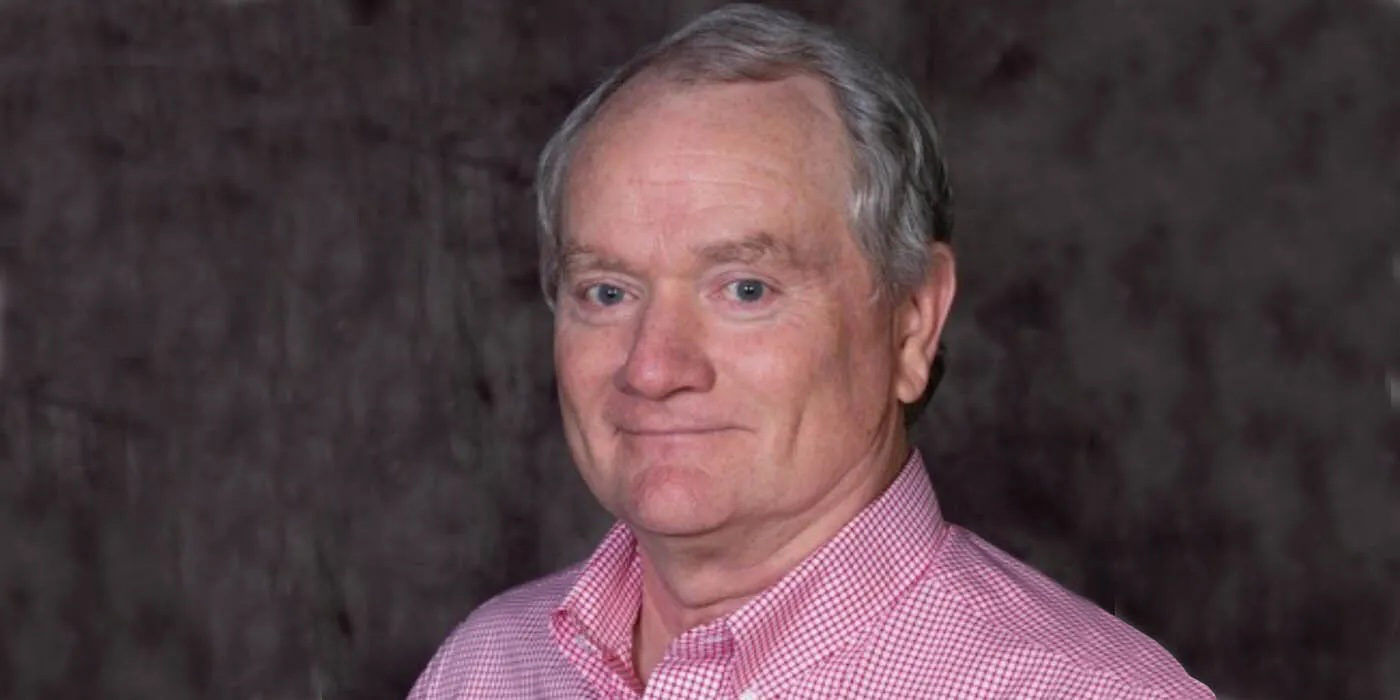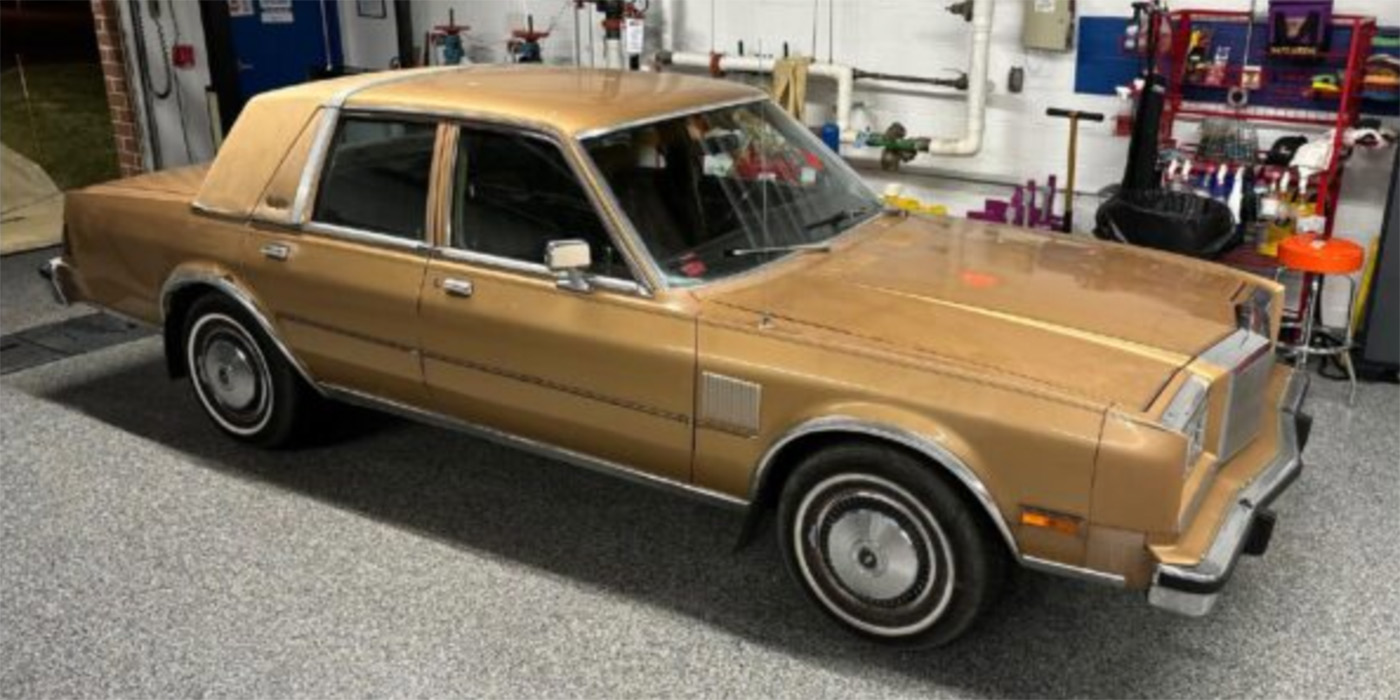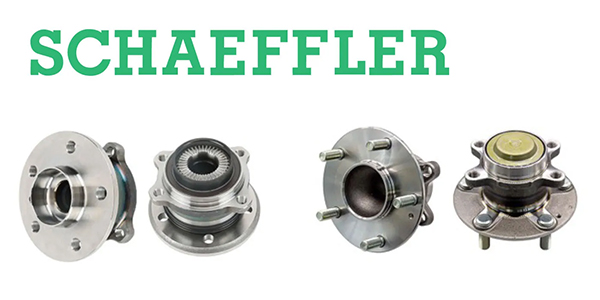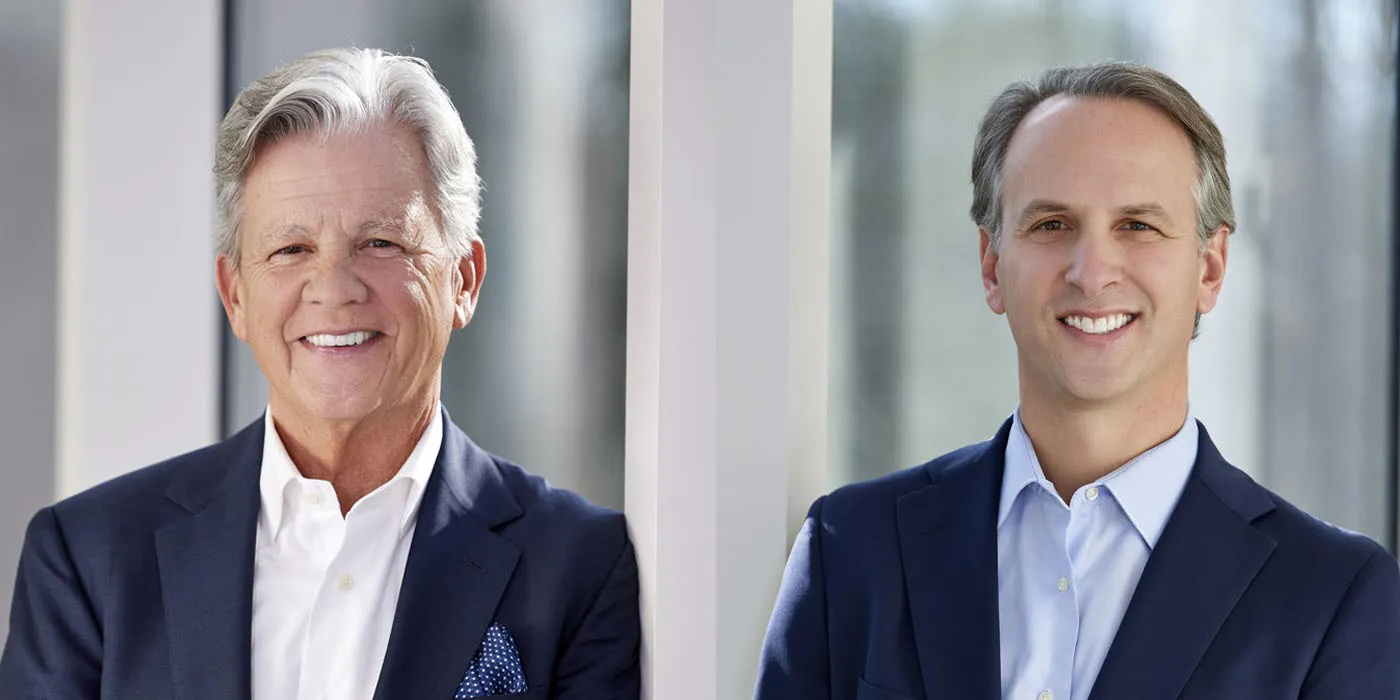The world is shrinking, we all know this well. Technological changes and advances in transportation and communications have created a single global market for us all, a worldwide market which clearly extends to our counters and our counterpros today. If all of our counterpros kept a map of the planet and placed a tack on every country in the world they sell a part out of, in a year our office supplies expenses would certainly multiply. The availability of automotive products from factories all over the world is gigantic; yet, somehow, we all still claim that we “are running out of parts in stock.” Regrettably, many of us on the sales front have no idea of the effort it takes to actually design a part, build it at a factory far away and get it to our counters on-time, at the right price, with the proper specs, adequate packaging and warranty coverage. It truly baffles the mind what manufacturers are required to do in this industry just to compete.
My newfound appreciation and amazement for what manufacturers must do was augmented by a trip earlier this month to four world-class auto parts factories in Mexico. I was honored to have been invited to Mexico by Federal-Mogul’s Director Miguel Garcia as part of a joint conference of Federal-Mogul’s customers from Central America and the Caribbean. Garcia’s team runs an impressive aftermarket sales, distribution and marketing operation in a very large and competitive market based out of Mexico City, second only to Tokyo as the world’s most populous city. The trip gave us the opportunity to learn about the coordinated effort and teamwork required for a manufacturer to take products from their factories to our counters, so we can sell that one piston, seal or bearing to our customers in need.
As we strolled through their factories in Mexico, the employees and managers showed pride and a sense of ownership that sometimes we miss on our side of the industry. Those guys were just delighted to actually meet their direct customers and show us what they do every day. I wanted to learn as much as I could about how they apply technology to improve their work and to my surprise, their focus was not necessarily on bigger, better machines, but on better processes and practices. As in all factories, bulletin boards are used to convey messages about production, quality and processes. Most of them were in Spanish and I was enjoying reading them as we toured the factory floor; however, I soon realized many of the big important words were not in Spanish! Were they written is some ancient Aztec dialect I could not recognize? I asked. No, as it turns out, it was Japanese.
Kaizen, the Japanese philosophy of “continuous improvement” is as current in Puebla, Mexico, as it is in Osaka, Japan. The Federal-Mogul factory managers and engineers we met were well-versed on Kaizen: on how to better buy supplies, use power more efficiently, schedule workflows more precisely and so on. All of their efforts focused so that we can buy a better product at a better price. The scope of this endeavor was so large it’s hard to assimilate that every employee in the factory is always thinking of ways of doing what they do, better. No doubt a little Kaizen back at our warehouses and stores could help us all sell more parts. Domo Arigato, Mr. Roboto!
In just a few days my Japanese got a little better. I learned several words and philosophies that are put in place to create efficiencies in our industry, but somehow we never learn of this while being behind the counter; you have to go to the source, to that place were they build our parts.
‘Poka-Yoke’
This is a term that refers to lean manufacturing techniques that assist a factory operator to avoid mistakes. A poka-yoke is any mechanism that makes the process “mistake-proof” (I was told it used to be called “idiot-proof,” but you know, that’s not politically correct anymore). At a friction factory they had poka-yoke in place that kept an operator from mixing the friction ingredients for a brake pad in the wrong order. This process ensures costly mistakes are avoided, thus lowering our acquisition costs for parts down the line.
‘Kanban’
What should we be building now? For how long should we build it? How much of it should we build? This is what the sophisticated Japanese production philosophy of Kanban tries to address. It is not an inventory control system, but a scheduling system, managed by the factory workers, which ensures you produce what needs to be produced when the resources are in place. It avoids over-building, which, contrary to traditional thinking, actually increases the cost of every part built. Quite a concept! As we walked a factory floor in Naucalpan, Mexico, we saw how workers coordinated their activities to ensure they maximized their output by “pulling” the work-in-process components from one cell to the other just-in-time when they needed to alert the previous cell to produce more. This pulling of the demand is at the center of this philosophy.
‘Muda’
This one is all about waste reduction. Not so much of materials, but of activities. It tries to create a climate where activities that do not add value are avoided. Factories that subscribe to this philosophy are very conscious of reducing wasted time. By promoting activities that reduce waste, they lower the cost of our parts.
As our trip in Mexico neared its end, I was grateful to my hosts and partners for the invitation, not only for the opportunity of visiting one of the world’s most vibrant cultures, but for giving me a new perspective on what it takes to build the parts I sell. At the same time I felt a bit of gloominess realizing that even in our fast-shrinking planet, our counter guys are too far away from factories like the ones in Mexico and others all over the world, to truly breed a laser-focused sales force that is well-versed in the features and benefits of the products we sell every day.
Mandy Aguilar is a regional vice president for Jacksonville, Fla.-based The Parts House. Visit his blog at www.mandyaguilar.com.





